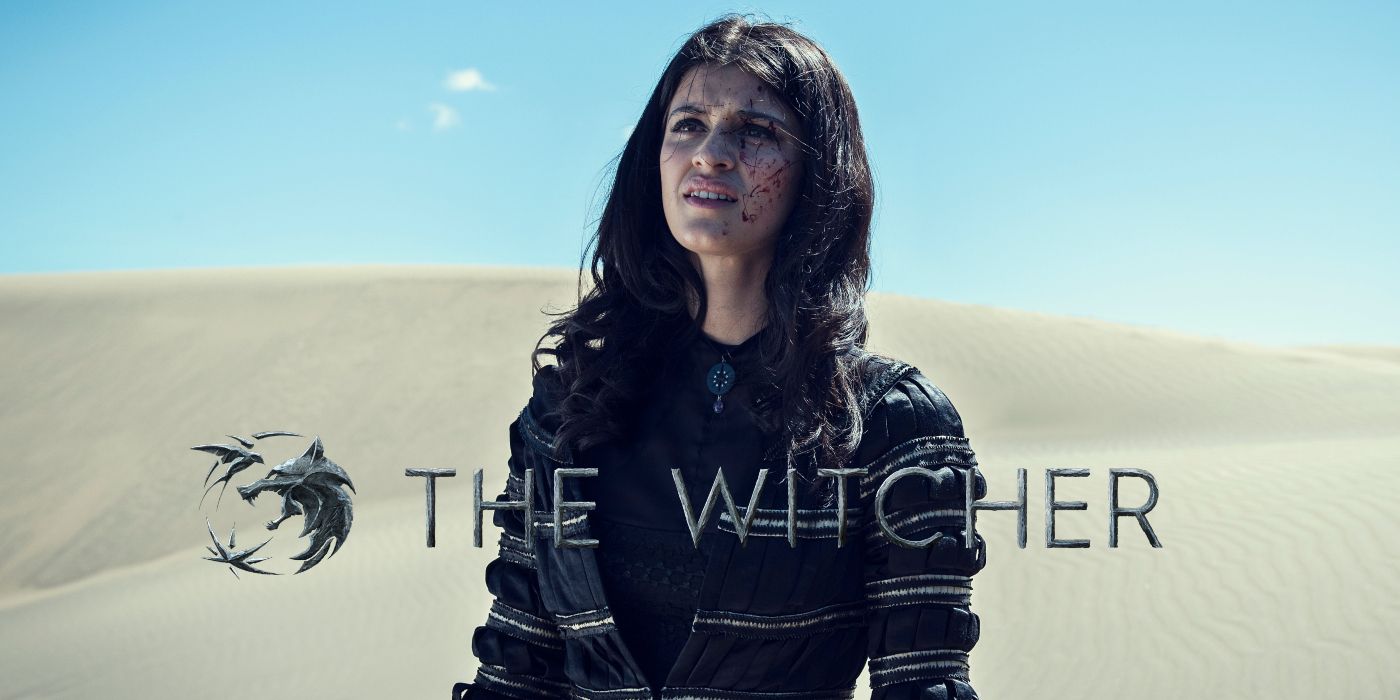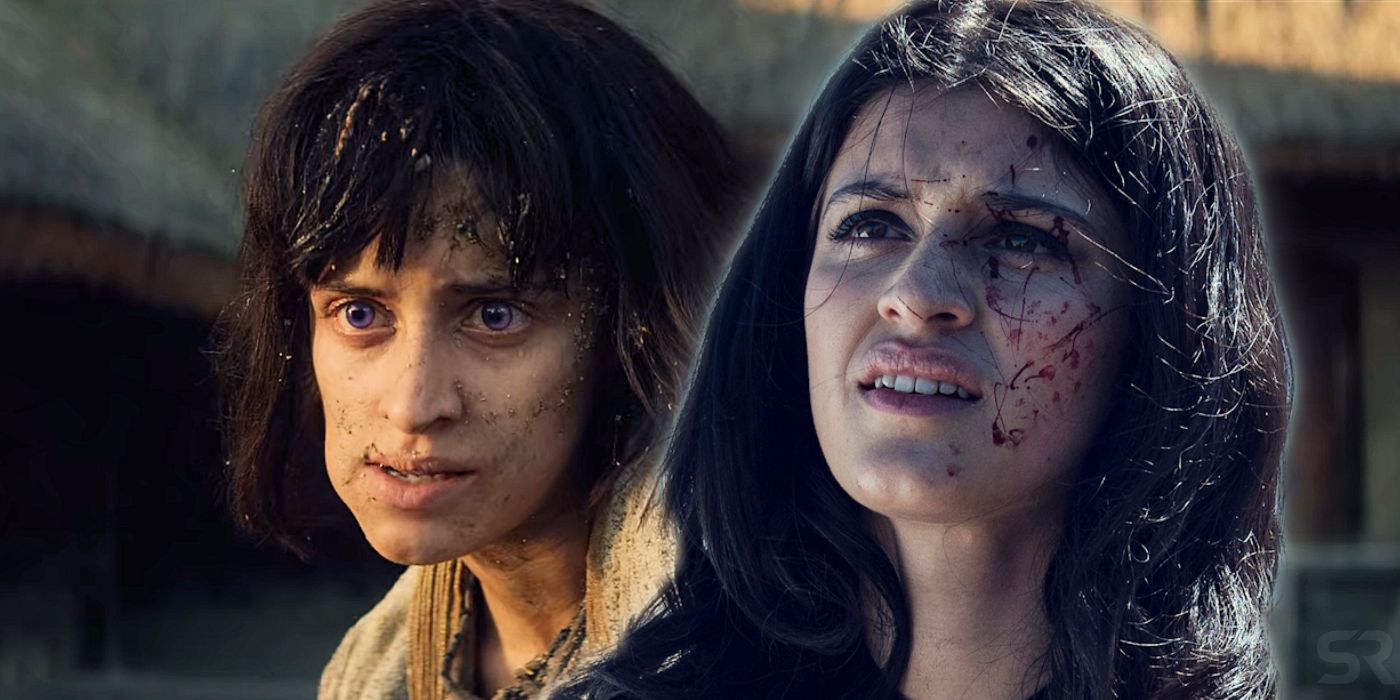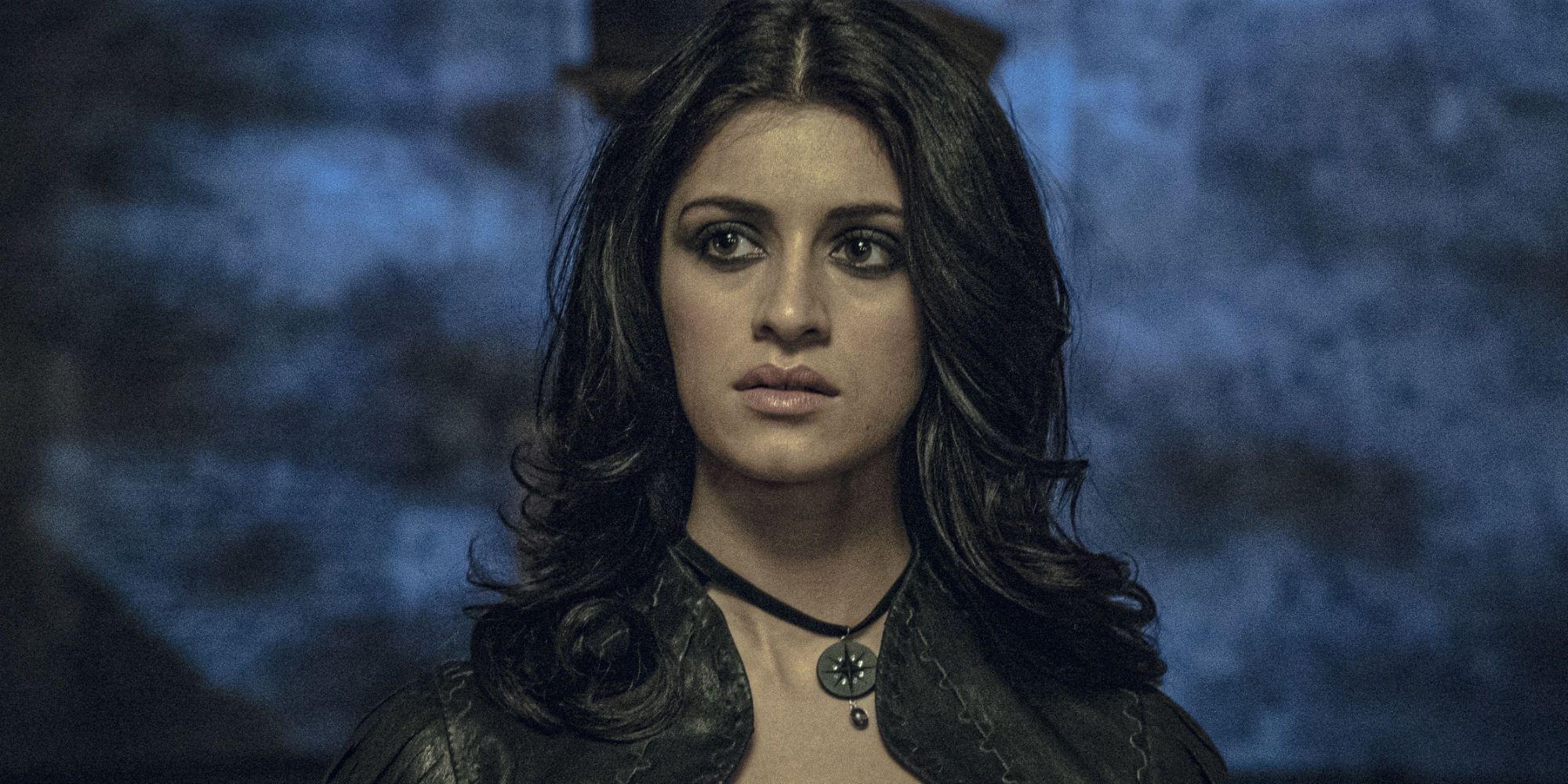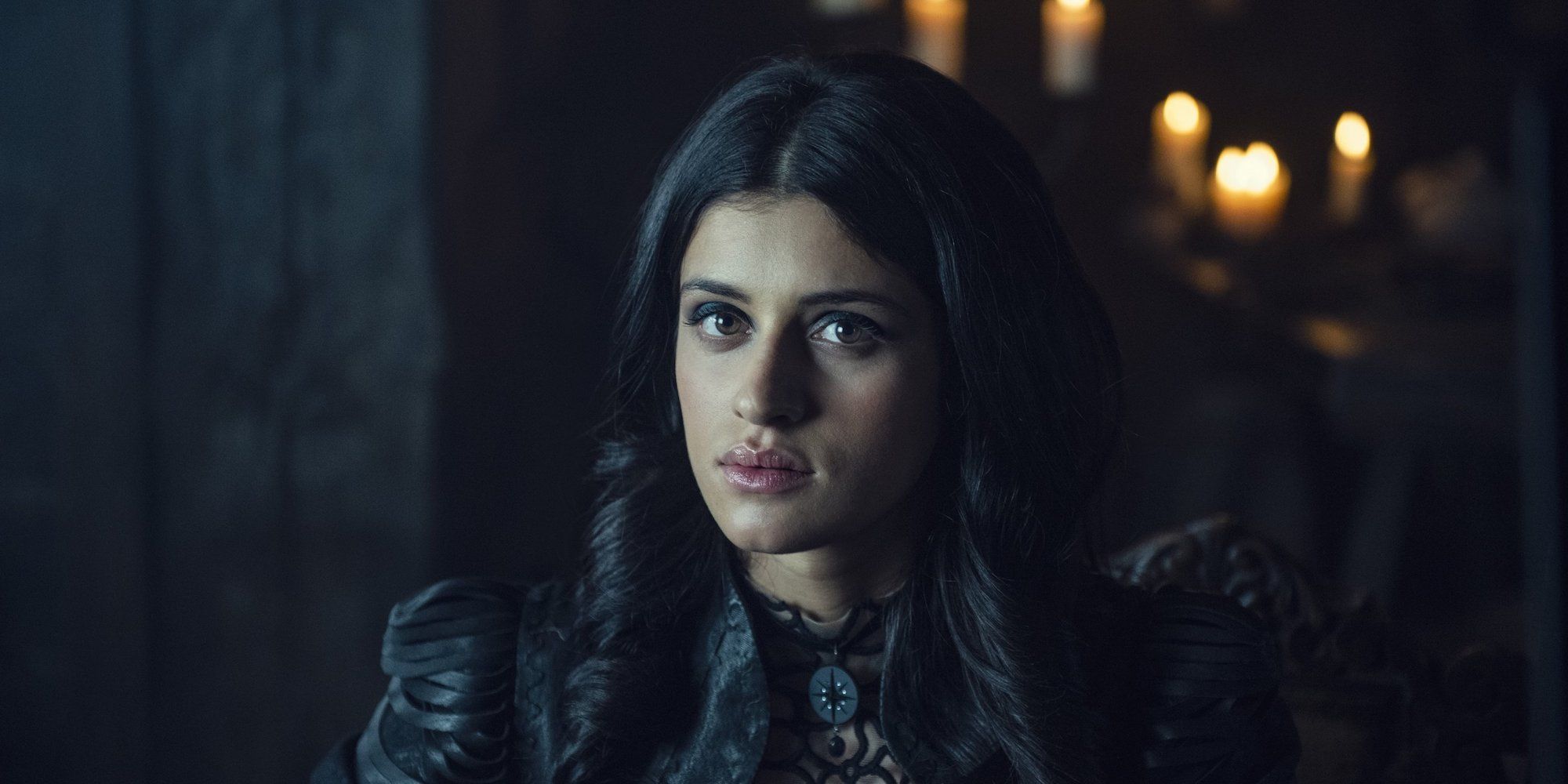
In Netflix's The Witcher series, Yennefer of Vengerberg is a central character, positioned alongside Geralt of Rivia and Ciri as the driving forces behind the narrative - but in actuality, she's the true hero of the show. While Henry Cavill's White Wolf is the draw for fans of the franchise's other forms, once the show begins and Yennefer is introduced, it becomes painfully obvious who grows the most and steps into their role as a hero. While Geralt and Ciri's journeys unite them and put into motion the machinations of destiny, Yennefer's own rise as a sorceress sees her challenge a world that has become driven into chaos by men and monsters alike.
Netflix's The Witcher handles Yennefer's journey with care, detailing her painful youth while providing the foundation for what will come to drive her in her adulthood as a sorceress. While Geralt is already a witcher during his time on-screen and Ciri spends the entirety of the series chasing after the shadow of the Butcher of Blaviken, making many mistakes along the way, Yennefer's story is given a lot more breathing room. As a result, it's easy to make a case for her role as The Witcher's true hero, at least during season one, based on what viewers observe over the course of the eight episode first season.
Of course, Yennefer isn't just Netflix's The Witcher series' true hero by merit of her screen time alone. She's also the character who acquits themselves best in difficult situations, affects meaningful change beyond just isolated incidents, and challenges the parts of the world she deems unfair or vile. Her attitude is unique in the sense that she does not make peace with or blindly accept many of the driving forces at work in The Witcher, like the show's hangup on destiny. Here's a detailed look at just what makes The Witcher's Yennefer the series' hero, at least as far as the show's first season is concerned.

Traditionally, a series' hero will exhibit personal growth over the course of a season, usually coinciding with their rise to power or their resistance to evil forces. While that does happen in smaller doses with Geralt and Ciri, Yennefer of Vengerberg begins the series as a shy girl whose physical appearance has crushed her self-esteem. Over the course of several episodes, she is transformed into her ideal of what the most powerful woman in the world would look like - and she does it preserving her eyes, her most striking feature, and her wrists, scarred from an earlier attempt on her own life, to remind herself where she has come from.
It isn't just appearance that changes with Yennefer, though. She also comes into her own as a sorceress and as a person, choosing to use her power for her own benefit and forcing herself into the situations she desires rather than letting people choose for her. While that arguably creates the Nilfgaardian invasion situation that drives the current timeline of Netflix's The Witcher, it also demonstrates just how much Yennefer evolves over the first season. By The Witcher episode 8, "Much More," Yennefer is the only thing that prevents complete defeat at the hands of Nilfgaardian forces, simultaneously routing an invading army while also forgiving Tissaia for the rector's earlier transgressions. The woman who thought her life was worthless becomes someone who others can depend on to save them, even if it means putting herself in danger.

It's hard to really find a lot in common with Geralt of Rivia, a mutant who has been trained his whole life to slay monsters and whose forced physical changes have also dulled his capacity for emotion. Ciri is young and experiences parts of growing up that are familiar, but she's royalty, and a child of destiny on top of that - not something that many people can lay claim to. In Netflix's The Witcher, Yennefer is a capable and talented sorceress, but she's also someone who has grown up with self-esteem issues because of her appearance, and who experienced trauma in her family that made trusting others difficult. During her education, she's a slow learner with a lot of promise, and a patient teacher eventually brings out her potential. Even after she is magically transformed so that her physical traits are no longer the target of ridicule, she gives up something in motherhood that is devastating to her, and the loss wears on her in such a way that it's similar to the painful losses viewers will go through during their own lives.
To see Yennefer succeed in spite of all of the things in her life that would have seen her fail is a heartening experience. Her struggles consistently stem from her past and her emotions, and her reactions often feel the most normal in a world filled to the brim with monsters, horror, and magic.

More than anything, though, what makes Netflix's The Witcher's representation of Yennefer the true hero of the series is her willingness to change parts of the world she doesn't agree with. Yennefer clearly displays a hatred for the patriarchal values that drive much of the world of The Witcher, especially with regard to royalty and authority. Her decision to employ her physical appearance and exploit men's opinions of her for her own gain is a reclamation of agency that not many characters even grab at, let alone achieve. When Yennefer encounters something she feels is unfairly oppressive, whether it be a town's mayor discriminating against mages or a wish made by a witcher that could be influencing her own freedom, she rails against it and attempts to incite change. As far as heroic qualities go, that's a pretty important one.
It's even more jarring when Yennefer's willingness to fight for change is contrasted by the actions of others. Geralt is pretty content just killing monsters and collecting coin - until he meets Yennefer. She is the trigger in his own life that makes him interrogate his place in the world and what he really wants. Ciri is a child who is forced into hiding and spends most of the series running away, unable to change her circumstance and being subject to a series of terrible events because the world of The Witcher is an inherently cruel place. Yennefer is the hero who is attempting to change it, even if a lot of her actions in the first season are changes that directly benefit her, and she seems primed to become an even bigger agent of change in the next season, which will unite Geralt, Ciri, and Yennefer more often now that their narratives are beginning to overlap.
from ScreenRant - Feed https://ift.tt/2SPV8AP





No comments: